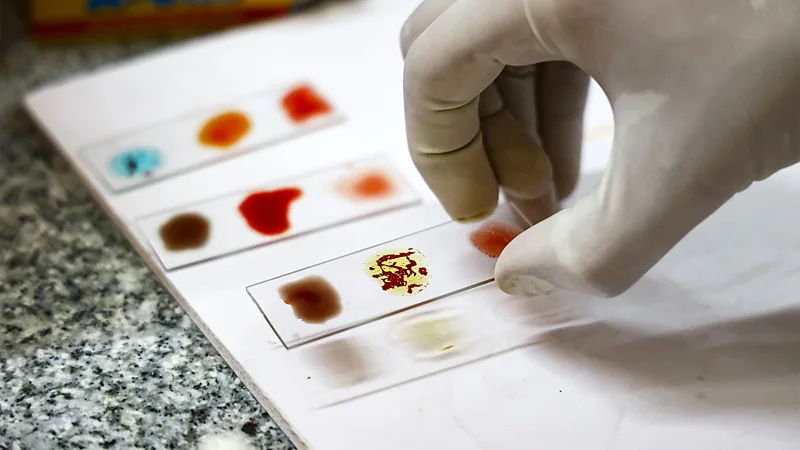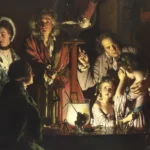Blood transfusions have revolutionized medicine, often saving lives during accidents or major surgeries. However, for people with extremely rare blood types, finding a compatible donor can be a life-threatening challenge.
Blood types are determined by specific markers called antigens on the surface of red blood cells. These antigens trigger immune responses if foreign blood is introduced into the body. Receiving blood with mismatched antigens can cause the body to attack it, making transfusions dangerous.
The most well-known blood group systems are ABO and Rhesus (Rh). Blood can be A, B, AB, or O, and each type may be Rh-positive or Rh-negative. Among the rarest is the Rh null blood type, found in only around 50 people globally. Individuals with this blood type often store their own blood for emergencies because finding a match is nearly impossible.
Despite its rarity, Rh null, often called “golden blood,” holds tremendous value in medical research. Scientists are exploring ways to cultivate it in labs, which could lead to breakthroughs in creating universal blood transfusions and solving compatibility challenges. Its unique properties make it a highly prized resource in advancing life-saving treatments worldwide.
#GoldenBlood #RareBloodType #RhNull #BloodTransfusion #MedicalResearch #UniversalBlood #LifeSavingScience #HealthInnovation #BloodDonation







